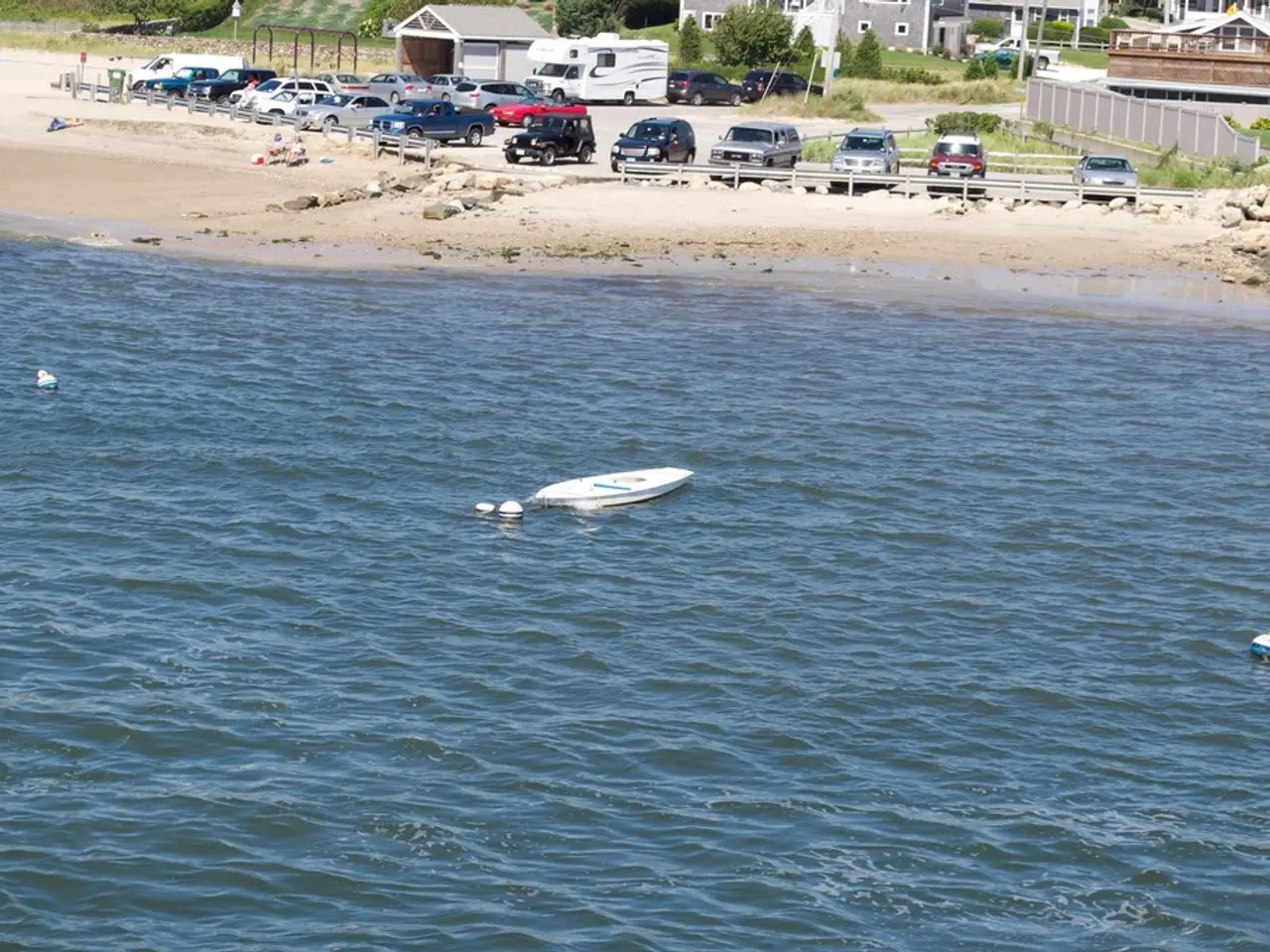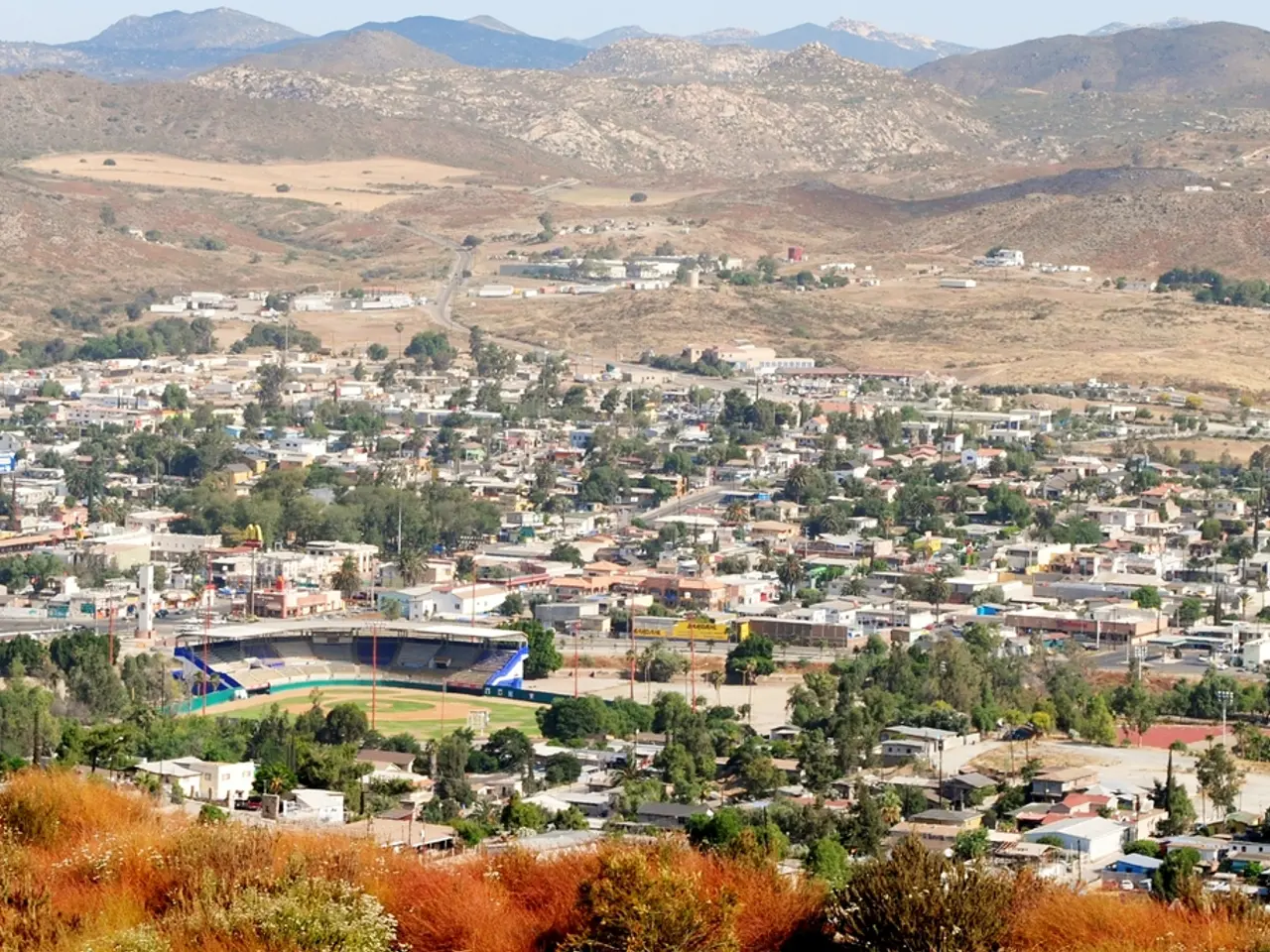Construction Priorities: The Urgent Need for Focus at the NOK Site
The Kiel Canal, a significant waterway connecting the North Sea and the Baltic Sea, plays a pivotal role in shipping, the environment, the economy, and the pockets of taxpayers. This 99-kilometre-long canal, situated in Germany, is not just a historical marvel but a modern-day economic powerhouse.
A study by the Kiel Institute for the World Economy in 2021 revealed that the Kiel Canal generates an annual economic benefit of €570 million for Germany. By providing a shorter and more efficient route for shipping, the canal saves both time and fuel, making it a cost-effective option for vessels navigating northern Europe. The canal's proximity to major industrial and shipping hubs, such as Kiel and Lübeck, further boosts local economies through trade and industry.
However, the Kiel Canal is not without its challenges. Historically, it has faced issues related to administration and use, including political and economic pressures to maintain international access as stipulated by the Treaty of Versailles. Any renovation or expansion efforts would need to balance these factors with the need to accommodate modern shipping demands and environmental considerations.
Currently, the Kiel Canal is undergoing renovation and expansion, with the need for technical and engineering personnel highlighted for its maintenance and upkeep. The challenges faced in these endeavours include increased costs, aging infrastructure, rising project numbers, and cost escalations. Despite these hurdles, it is clear that the full operation and regular maintenance of the Kiel Canal are essential for its potential benefits to be fully realised.
The Kiel Canal's climate relevance is another key factor in its significance. By facilitating shorter shipping routes, the canal helps reduce fuel consumption and greenhouse gas emissions, making it a climate-friendly transport option. As the EU aims to achieve clean industrialization goals, efficient transportation of goods via the canal can support these efforts by reducing the carbon footprint associated with longer shipping routes.
In conclusion, while the Kiel Canal faces potential challenges related to its maintenance and expansion, its economic benefits and contributions to climate goals make it a valuable asset. Delaying the expansion of the Kiel Canal would not serve the interests of shipping, the environment, the economy, or taxpayers. Regular maintenance and upkeep are crucial for the canal to continue providing its benefits and realising its full potential.
The Kiel Institute for the World Economy reported in 2021 that the Kiel Canal generates an economic benefit worth €570 million annually to Germany, mainly due to its efficient shipping route and proximity to industrial hubs, making it significant in the realm of finance and economic growth. As the EU endeavors towards clean industrialization goals, the canal's climate-friendly transport option—offering reduced fuel consumption and greenhouse gas emissions—plays a pivotal role in environmental-science considerations. During the canal's current renovation and expansion, there are challenges such as increased costs, aging infrastructure, and cost escalations; however, these endeavors are essential for the canal to continue delivering its economic benefits and promoting environmental goals.




